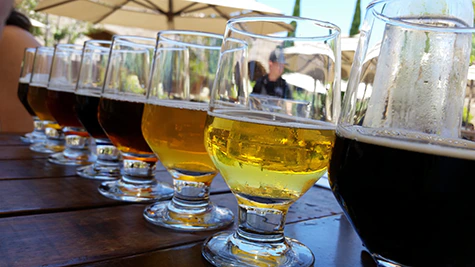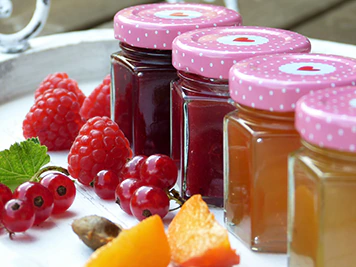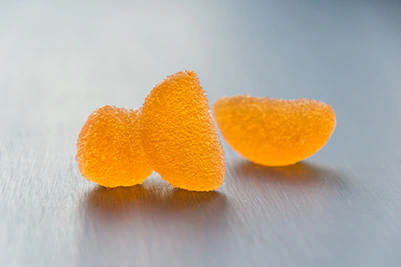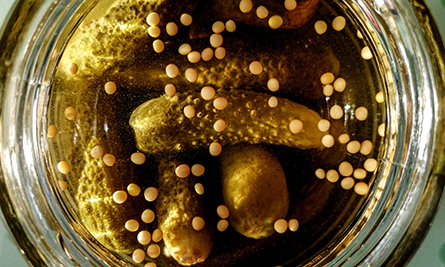| Essence |
Potassium Bisulfite or E228 is a white solid said not to be a real compound (synthetic) used to prevent unwanted spoilage and extend shelf life. It is also commonly used as a sterilizing agent in the production of alcoholic beverages like beer and wine. |
| Names |
Potassium Hydrogen Sulfite, Potassium Hydrogen Sulphite, Potassium Acid Sulfite, Sulfurous Acid Potassium Salt (1:1), CAS 7773-03-7, E228, Potassium Bisulfite, and others. |
| Sourcing |
It is made by taking the advantage of Sulfur Dioxide. |
| Manufacturing |
For commercial purposes, it can be created by applying the sourcing ingredient to a solution of Potassium Hydroxide or Potassium Carbonate. |
| Application |
Preservative (synthetic, water-soluble) and antioxidant. |
| Acceptable Daily Intake |
Supposedly, it is safe in amounts up to 0.7 milligrams daily for every kilogram of body weight. But that feels void of reality and just in general a very random number that has no real research behind it. |
| Side Effects |
This additive can be very problematic for asthmatics. In addition to that, it can cause nausea, swelling, gastric irritation, hyperactivity, behavioral problems, nettle rash, and other allergic reactions. It also destroys vitamin B1 in food. And then, other similar detrimental effects to sulfites are possible. |
| Benefits |
None. |
| Studies |
Less than 10 studies on Pubmed. One study on safety. |
| Allergens |
None. |
| Diet Restrictions |
None. |
| Health Knight Assessment |
(Extremely) Likely Harmful. | Category 4 Additive. |
| Products |
Potassium Bisulfite can be found in fruit juices, jams, pickles, beers, canned fruit, fruit jellies, canned vegetables, wine, and others. |



